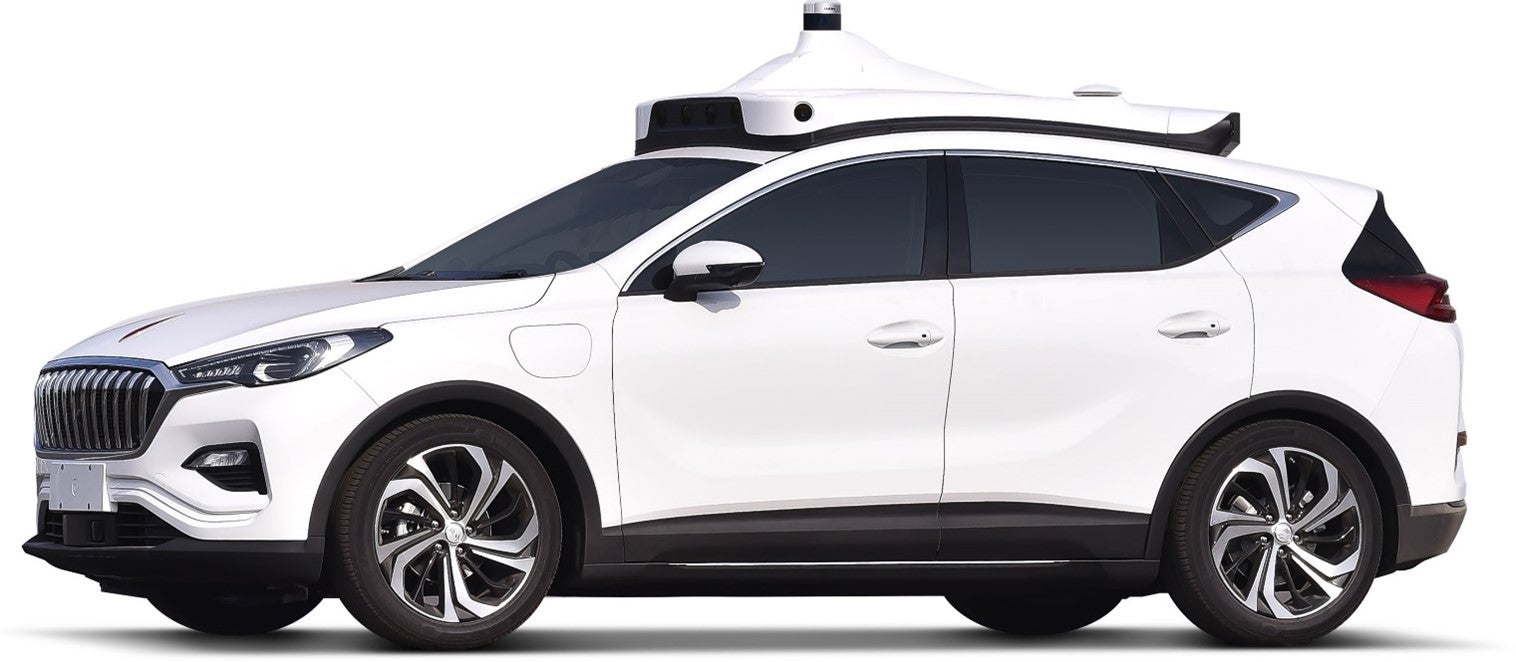
China stepped up its use of autonomous driving technology with taxis now allowed to operate in designated areas of Shanghai and Beijing without a safety supervisor on board.
At a special event at the sixth World Artificial Intelligence Conference (WAIC) this month, the local government in Shanghai’s Pudong district issued its first batches of licences for the commercialisation of unmanned autonomous driving.
Companies including Baidu’s Apollo, AutoX and Pony.ai were among the first to obtain permits to conduct commercial road tests using driverless intelligent connected taxis. These companies are now allowed to offer robotaxi services on specified open roads in the Pudong without a safety supervisor on board.
The municipal authorities in Beijing this month also agreed to allow eligible companies, including Baidu and Pony.ai, to commercially operate driverless taxis in designated areas within the Yizhuang district without a safety supervisor on board.
The Beijing High-Level Autonomous Driving Demonstration Zone local office also plans to expand the designated area to 500 sq km.
These developments are seen as major steps towards the commercialisation of intelligent, autonomous public transport. They follow extensive “manned” trials conducted in real conditions in key cities across China over the last several years. In the last four months Beijing has operated a total of 116 unmanned self-driving taxis on a trial basis, completing 1.5m test trips covering 2m km.








